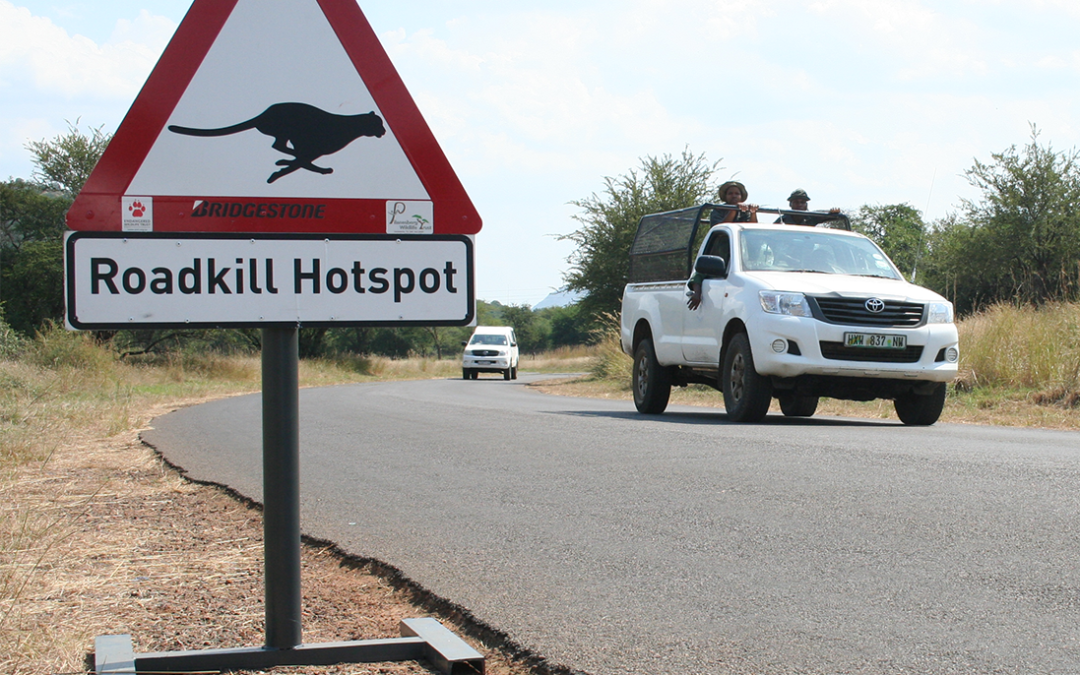
Roadkill remains a problem along South Africa’s major transport corridors
Explore how South Africa’s transport networks impact biodiversity and how the EWT pioneers innovative solutions to reduce roadkill and support sustainable development.

Explore how South Africa’s transport networks impact biodiversity and how the EWT pioneers innovative solutions to reduce roadkill and support sustainable development.
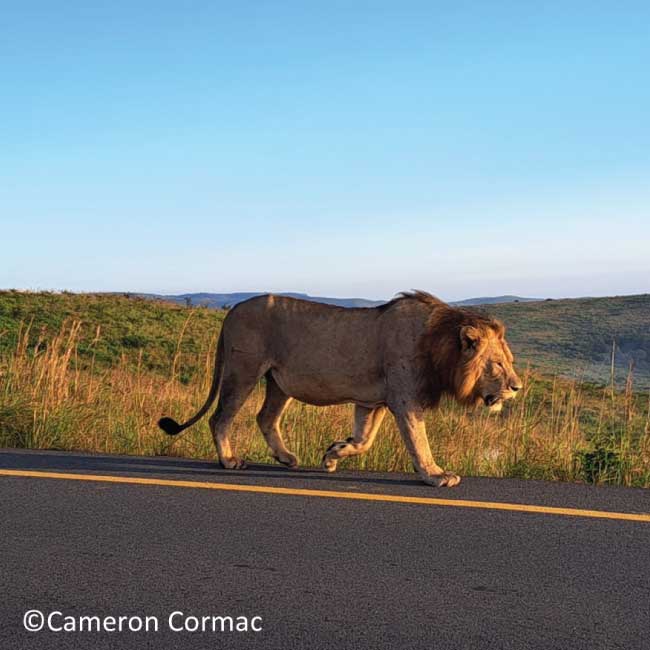
Surveys of two provincial roads passing through Hluhluwe-iMfolozi Park (HIP) and iSimangaliso Wetland Park (ISWP) to determine how the roads impact on wild animals, what species have the highest death tolls, and how the roads could be adapted to reduce the number of animals killed on the roads.
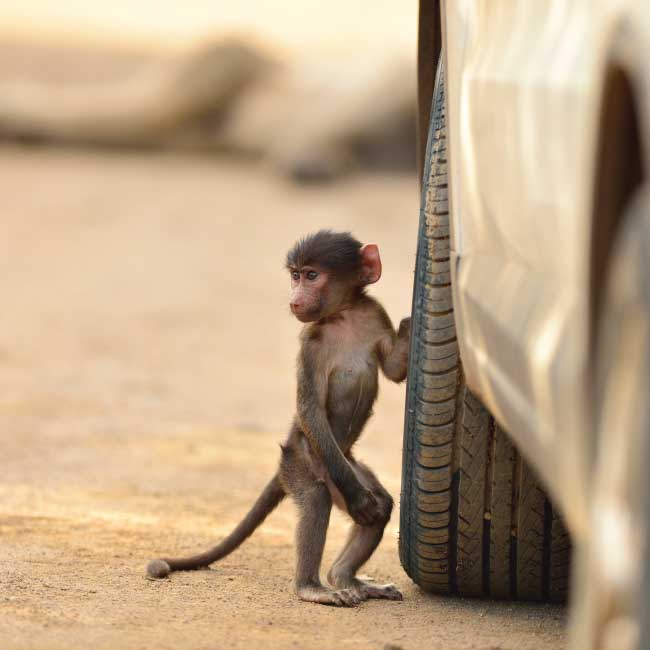
South Africa has an extensive linear infrastructure network of roads, railways and powerlines, which is essential for human connectivity. However, it is not great news for primates. Approximately 18% of the world’s primates are directly impacted by linear infrastructure.
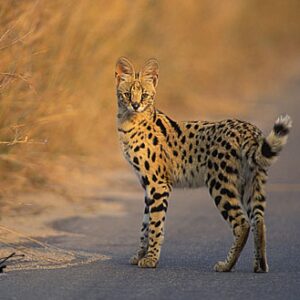
Roadkill is a significant threat to wildlife and people. Serval are often struck and killed by cars on the road
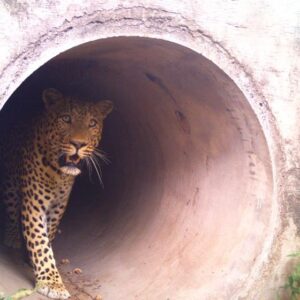
The Endangered Wildlife Trust and the International Conference on Ecology and Transportation, otherwise known as ICOET, hosted the virtual Global Congress for Linear Infrastructure and Environment, on 20 and 21 September.